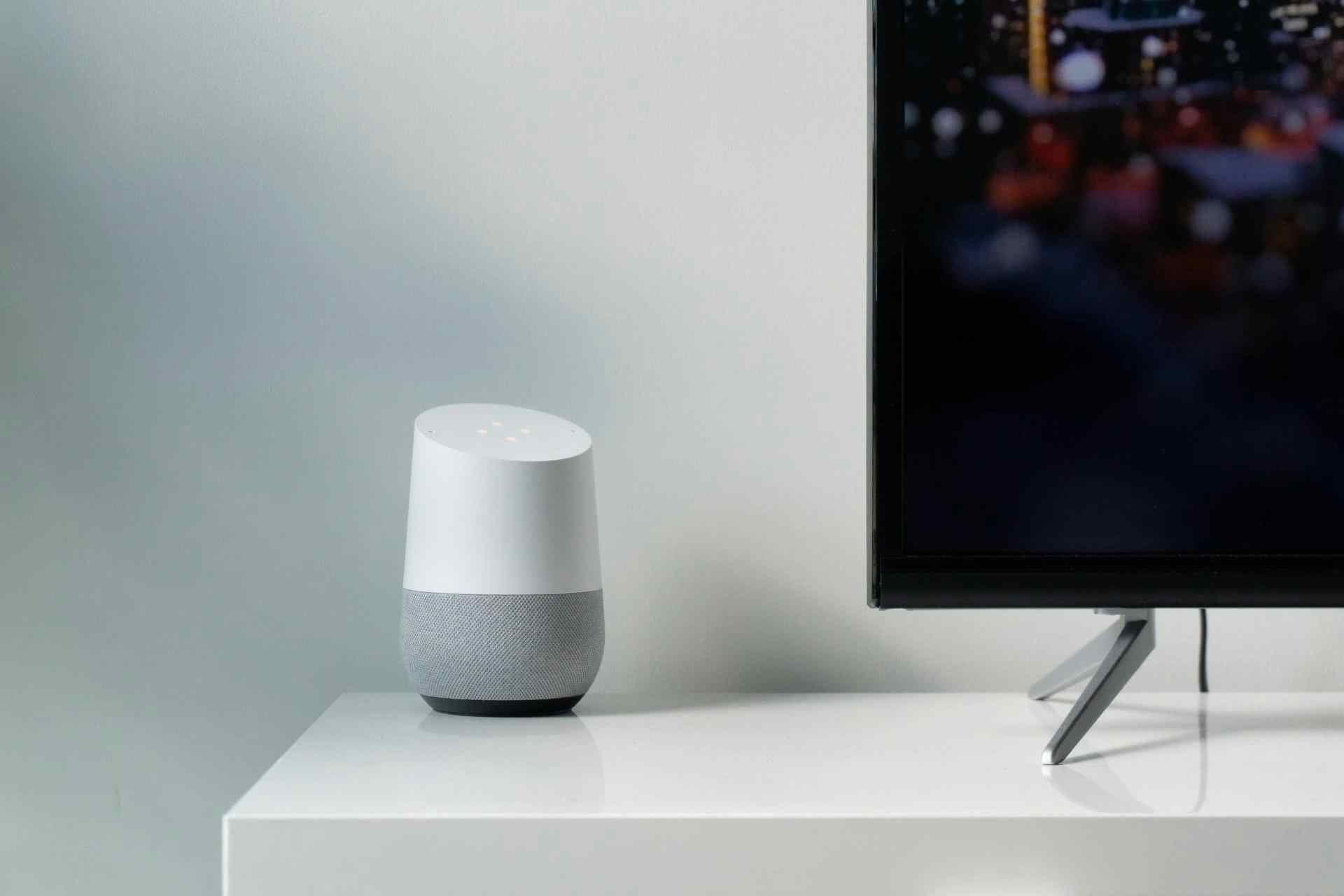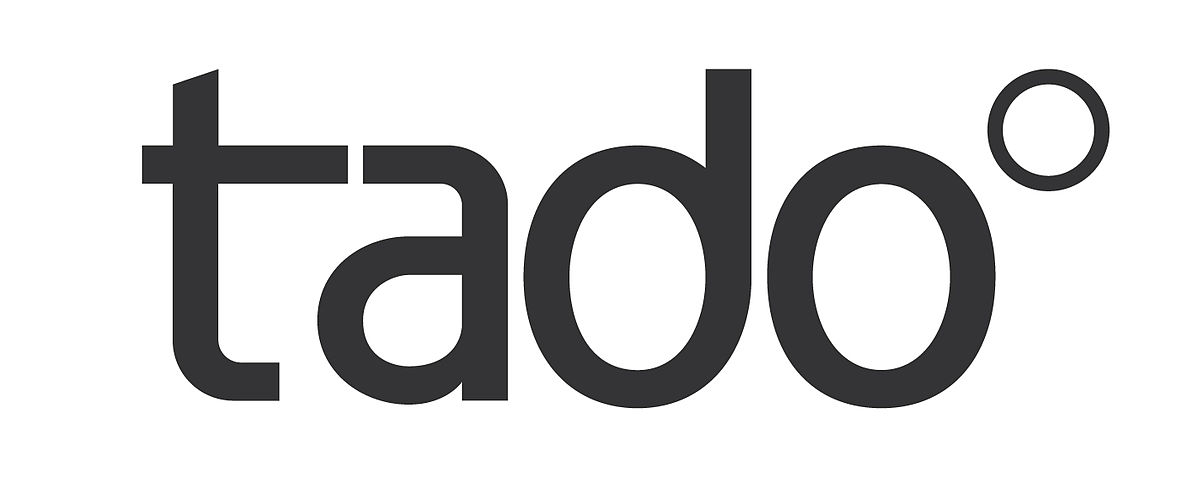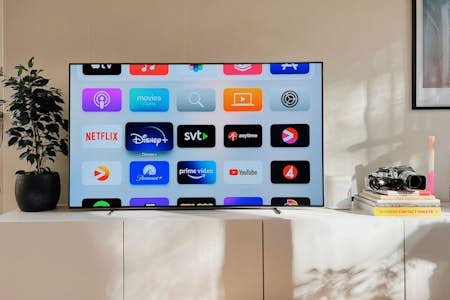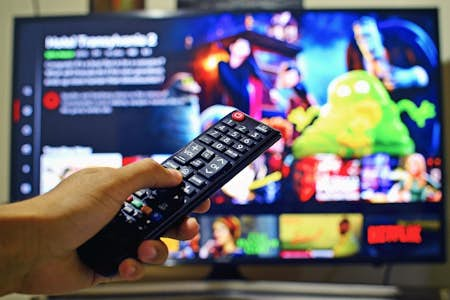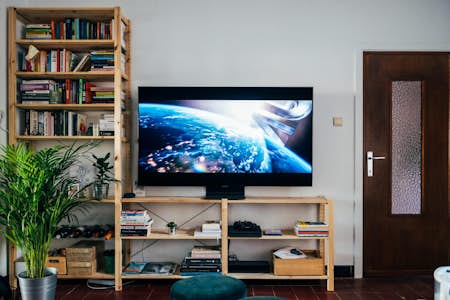Home assistants include the likes of Alexa, Google Nest and Apple HomePod. These at the 'Big 3'.
Smart speakers are your entrance point to the world of smart homes, but they're handy on their own too. Many people choose a home assistant device without investing in a smart home ecosystem, which isn't a problem.
A smart speaker is a home assistant and vice versa. Smart speakers react to voice commands, enabling you to play music, get news, weather or travel updates and set alarms, timers and reminders without touching the speaker or your smartphone. Smart displays are similar to smart speakers but also have a screen in addition to the speaker.
In the UK, smart speaker ownership hit an average of 50%+ in 2021, and around 45% of over-55s now own one.
You can connect smart home devices to your smart speaker, like smart lights or smart plugs, which you can then operate using your voice. You can find a comprehensive list of smart home devices for older people here.
In a sense, your home assistant ‘lives’ inside your smart speaker or smart display. It’s the ‘brain’ behind this exciting, new form of technology.
Without further ado, here’s how to choose your ideal home assistant:
Are smart speakers worth it?
You’d be forgiven for thinking that smart devices are still just a novelty, but smart speakers and home assistants have proved their worth for all age groups and demographics.
For the older generations, home assistants are much simpler and easier to use than a combination of smartphones and speakers. Since smart speakers operate by voice control, you don't need to move or touch your phone. This isn't just convenient - it's also excellent for people who aren't confident with smartphones or those who have mobility issues. Smart speakers make it very easy to look up information without typing.
If you dig deeper into what your home assistant can do, you'll find many exciting, useful and innovative features. They're a worthy gadget for older people and can make life easier.
For example, you can connect your home assistant to lights, cameras, smart locks, smart plugs, smart thermostats and tons of other peripheral smart devices. This can make the types of home automation you see in the movies a reality, saving you time and effort.
The Big 3: Google, Amazon and Apple
The ‘Big 3’ home assistants are manufactured by three of the biggest tech corporations in the world - no surprises there! Each has distinct features and potential advantages, but the competition is very tight, and it's a close-run thing.
Let’s start with a few things they have in common. All smart speakers and display devices connect to phones via Bluetooth or WiFi, but they don’t require a phone to be present to work. You can operate a smart speaker as-is without a smartphone. With that said, a smartphone will help you get the most out of your smart device.
All smart speakers integrate a voice assistant. This is essentially an artificial intelligence (AI) robot programmed to listen to your voice and reply to your queries.
These voice assistants have different names:
- Apple’s voice assistant is called Siri.
- Amazon’s voice assistant is called Alexa.
- Google’s voice assistant is called Google Assistant.
As you're about to find out, home assistant devices have more similarities than differences, making choosing one a pretty simple task in most cases.
Amazon Alexa
Amazon Alexa is still very new, yet seemingly everyone has heard of it. By market share, Amazon Alexa is the most popular smart assistant globally.
Alexa brought smart speakers and virtual assistants into the mainstream and is compatible with more devices than any other smart ecosystem. Amazon even has a special ‘Amazon Certified: Works with Alexa’ tag on compatible products available in their web store.
Alexa's popularity is a significant asset if you're looking to build a smart home with various third-party devices and want the freedom to pick and choose from a large pool of third-party manufacturers.
Seamless integration with Amazon Music is also a helpful feature, and you can ask Alexa to play eBooks from your Kindle collection.
There are three Amazon smart speakers:
Amazon Echo is considerably larger and sports a 360-degree speaker with excellent sound quality. The Echo Dot is smaller but still has excellent audio quality. They look similar, and the price difference is only around £15 (at time of writing). The only conceivable difference is audio quality - everything else is fundamentally the same.
Finally, the Amazon Echo Studio is a high-end option and incorporates five speakers for incredible audio quality and volume. This is the best sounding smart speaker around right now.
There are also three Amazon smart displays, which combine speakers with visual displays:
The Echo Show 8 and 10 have a vastly superior camera for video calls and a brighter, bolder screen. The Echo Show 10 is a high-end Amazon smart assistant device with powerful speakers, a crystal-clear screen and an excellent built-in camera.
Alexa Skills
Alexa uses Alexa Skills, a database of over 100,000 different things it can ‘learn’. Alexa Skills cover everything from recipes, travel updates and weather reports to guided meditation, workouts and to-do lists. You can add Skills to your Alexa using the Alexa smartphone app or online.
Alexa Skills are constantly updated, and you can find loads of cool add-ons to suit your unique needs.
Google Nest (formerly Google Home)
It was only a matter of time before Google aggressively pushed their smart speaker and smart home devices. Google Nest is Google's line of smart speakers and smart displays, and they're eroding the deficit with market leader Amazon.
For Android users and those who have an affinity with Google’s products, Google Nest is bound to be popular. Google Nest is tough to beat for those who use Google services such as Calendar, Chromecast, Gmail, and Google Maps.
There are currently two Google Nest smart speakers:
- Google Nest Mini
- Google Audio
The first difference between these is the form factor and shape. Nest Mini is somewhat flat like a button, whereas the Google Audio is taller. The technical differences between these speakers are subtle and almost solely come down to audio quality. The Google Audio is bigger and louder with better bass.
The Nest Mini still produces solid audio at a decent volume. Moreover, the price difference is slight, and both cost similar to Amazon's equivalents.
Google then offers two smart displays, which they call smart hubs:
- Google Nest Hub
- Google Nest Hub Max
The differences between these two smart displays mainly lie in their camera, audio and display quality. The Nest Hub Max’s 6.5mp camera doesn’t live up to the Echo Show 8 and 10’s 13mp cameras, but they’re pretty much equal in other respects. The Hub Max’s audio outperforms the Echo Show, however.
Google Assistant
Google's speakers connect to Google Search, too, the most powerful and widely-used search engine globally.
Conversely, Alexa uses Bing, which is Microsoft’s search engine.
Is Bing inferior to Google? It would be fair to judge it as so, but it’d be tough to separate the two in day-to-day use. In one study by Loup Funds, Google Assistant answered queries correctly 92.9% of the time vs Siri on 83.1% and Amazon Alexa on 79.8%. Google's devices also support an impressive 40 languages and several dialects, head and shoulders above Alexa and way ahead of HomePod. Google also has its own equivalent of Alexa Skills, which are available here.
Apple HomePod
Apple has their die-hard fans, and anyone with an Apple Mac, Macbook, iPad, Apple TV or iPhone should consider the HomePod. Apple's smart home ecosystem is called HomeKit, and it's a pretty closed shop, meaning that you can typically only choose from Apple or Apple-vetted products.
On the one hand, Apple's ecosystem is much more expensive than Amazon or Google. On the other, Apple's vetting process eliminates some of the privacy concerns associated with Alexa and Google Home.
Apple offers two smart speakers:
- Apple HomePod
- Apple HomePod Mini
There is a big difference between the HomePod and HomePod Mini, seen in the considerable price difference.
The Apple HomePod boasts impressive audio quality and is amongst the loudest and most powerful of all smart speakers. In addition, it boasts superb multi-room audio and produces tons of warm bass.
The HomePod also has a powerful A8 chip which gives it some fancy features such as automatic 3D audio modelling and echo cancellation (which tunes the audio to your space). Moreover, while HomePod supports Apple Music, it doesn’t support Spotify like Google Nest and Alexa.
The HomePod Mini is still excellent, but it’s overpriced on audio tech alone compared to Google Nest and Alexa.
Currently, Apple does not offer dedicated smart displays. However, you can hook up your HomePod to an iPad which gives you the same functionality as a smart display - and possibly even more!
The Apple ecosystem
Apple has always maintained a robust product ecosystem. That means that all of their products ‘talk’ to each other, allowing you to share information and functionality between your iPhones, iPads, Apple TV, HomePods and other Apple devices.
For example, if you own an Apple TV, connecting your HomePod to your TV is simple (you can even connect two as a stereo pair). Likewise, sharing files, appointments, reminders, photographs, videos, music, and other media between your Apple devices is simple and effective.
HomeKit is more expensive than other options, but Apple’s controlled ecosystem arguably makes it the most accessible smart home system, especially for the non-technologically adept.
Samsung and Sonos: worthy alternatives?
Samsung did announce their own smart speaker range, the Galaxy Home and Galaxy Home Mini. However, these seemingly disappeared, and their future is unclear. Samsung does offer some soundbars and speakers that integrate Alexa, but that won’t give you the functionality and expandability of the Echo and Echo Dot.
Sonos also offers smart speakers. These are pretty pricey and integrate with either Alexa or Google Assistant. However, you won’t get the same level of functionality as if you own a Google or Amazon smart speaker. Still, Sonos speakers are worthy of consideration for those who want a music-centric smart speaker.
Overall, you’re probably worth sticking with the ‘Big 3’.
Making the choice
Smart speakers generally all serve the same purpose, and they're hard to split - most people choose the one they instinctively like. Consider the following pointers:
- Looking for simple out-of-the-box performance with either an Android or Apple smartphone? Alexa fits the bill.
- Dedicated Android user? You already know what you’re getting.
- Dedicated Apple user? Likewise.
- Want access to as many smart home gadgets as you can get? Alexa is tough to beat.
- Looking for a low-cost option? Google Nest Mini and Echo Dot are very closely matched.
- Want the best audio? The Amazon Echo Studio is excellent.
- Not fussed about the cost? The Nest Hub Max and Echo Show 10 are great, but it’s tough to beat HomePod + Apple TV + iPad for pure performance.
- Prefer to use Google Search for your queries? Google Nest is best.
- Looking for customisability? Alexa Skills is excellent.
Summary: How to choose your ideal home assistant
Home assistants live inside millions of homes worldwide, and they're becoming more and more useful for all demographics.
While these so-called 'smart' devices seem confusing at first, they're straightforward to use when you start to break them down. Smart speakers allow us to engage with technology using our voice - which is more natural than operating a smartphone or computer.
The 'Big 3' of Amazon, Google and Apple create the most popular smart devices, and they're tough to split apart. The upshot of that is that it's hard to make the wrong choice!

